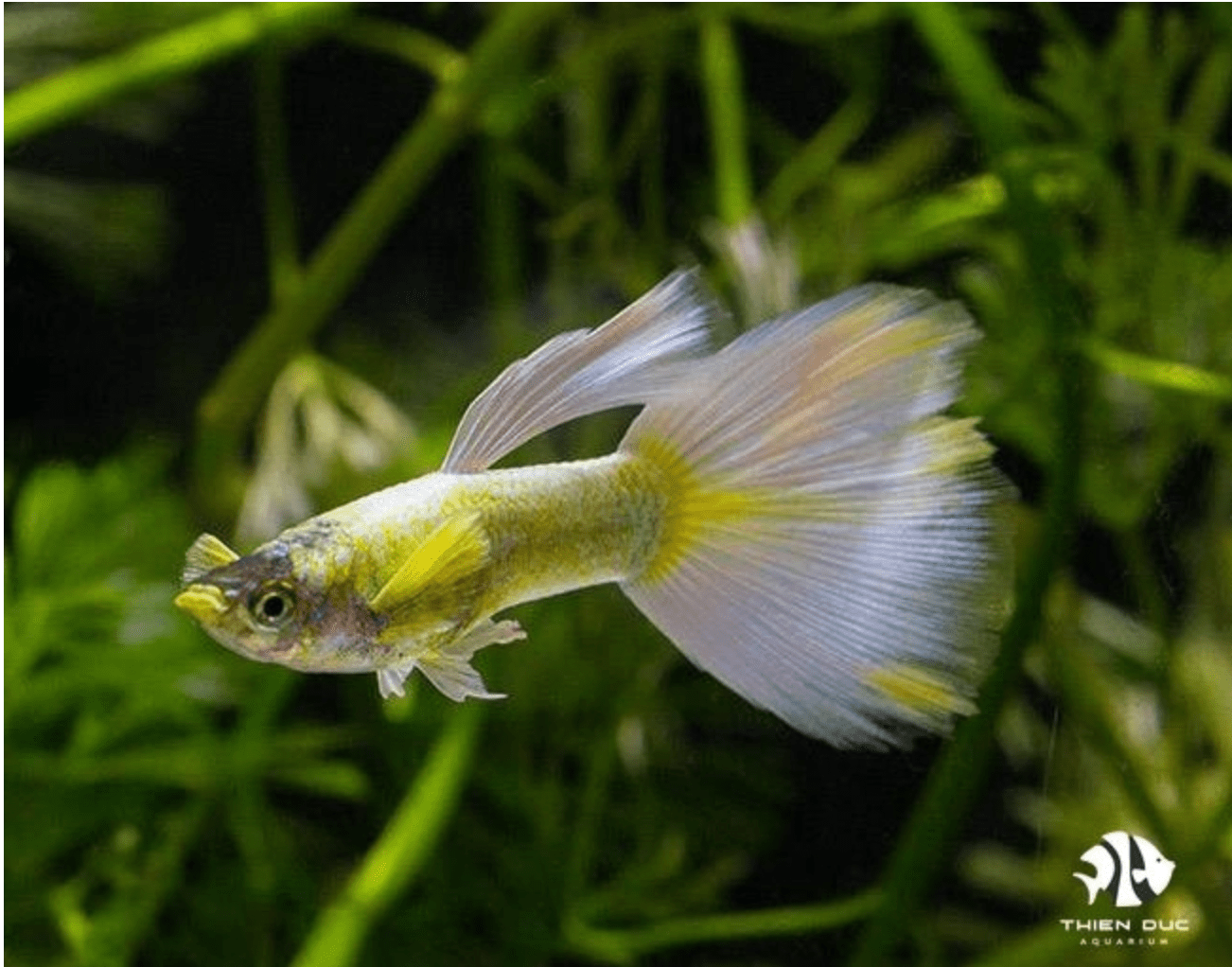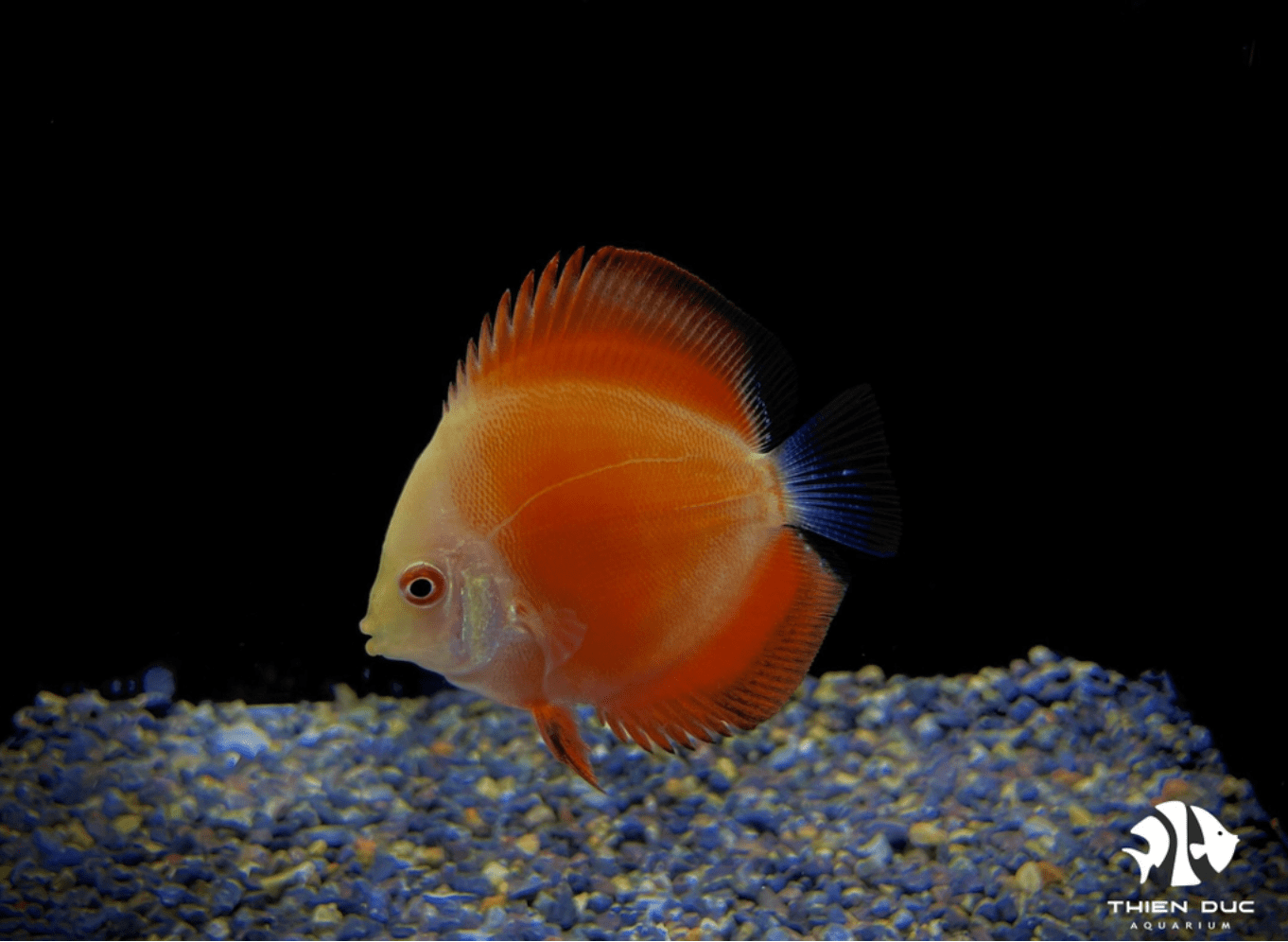Import saltwater fish USA: Customs and quarantine process
Saltwater fish keeping is a popular hobby in the USA, with enthusiasts seeking out a wide variety of exotic and colorful species to add to their aquariums. The demand for imported saltwater fish has grown significantly, leading to a complex process for importing these creatures into the country. Understanding the customs and quarantine process is essential for ensuring a smooth and successful import saltwater fish USA experience. ThienDuc Aquarium, with its extensive experience in the ornamental fish industry, is dedicated to providing comprehensive guidance and support for those looking to import saltwater fish USA.

Understanding the US Regulations
The import of live animals into the USA is regulated by several federal agencies, including the US Fish and Wildlife Service (FWS) and the Animal and Plant Health Inspection Service (APHIS). These agencies are responsible for ensuring the safety and security of the country's ecosystems and preventing the introduction of invasive species and diseases.
The Lacey Act
The Lacey Act is a federal law that prohibits the import, export, transport, sale, receipt, acquisition, or possession of illegally taken, possessed, transported, or sold wildlife. This law is crucial for preventing the introduction of invasive species that can disrupt native ecosystems and cause significant economic damage.
The Endangered Species Act
The Endangered Species Act (ESA) is a federal law that protects threatened and endangered species. The ESA prohibits the import, export, or trade of species listed as endangered or threatened, unless a permit is obtained from the FWS.
CITES Regulations
The Convention on International Trade in Endangered Species of Wild Flora and Fauna (CITES) is an international agreement that regulates the trade of endangered species. The USA is a signatory to CITES and adheres to its regulations for the import of certain species.
The Import Permit Process
Before importing saltwater fish into the USA, you must obtain an import permit from APHIS. This permit allows you to legally import the fish and ensures that they meet the necessary health and safety standards.
Applying for an Import Permit
The application process for an import permit involves several steps:
-
Gather necessary documentation: This includes information about the fish species, the country of origin, the intended use of the fish, and the name and address of the importer.
-
Submit the application: Applications can be submitted online or by mail.
-
Pay the application fee: There is a fee associated with each import permit application.
-
Receive approval: Once your application is approved, you will receive an import permit that allows you to import the fish.
Types of Import Permits
There are different types of import permits available, depending on the purpose of the import:
-
Commercial import permits: These permits are used for importing fish for sale or commercial purposes.
-
Personal import permits: These permits are used for importing fish for personal use, such as for a home aquarium.
Importance of Accurate Information
It is crucial to provide accurate and complete information when applying for an import permit. Incomplete or inaccurate information can delay the processing of your application or even lead to rejection.
Quarantine Requirements
Once your import permit is approved, the fish must undergo a quarantine period before they can be released into the US market. Quarantine is essential for preventing the introduction of diseases and invasive species that could harm native ecosystems and the ornamental fish industry.

Quarantine Facilities
There are different quarantine facilities available in the USA, including:
-
Government-run facilities: These facilities are operated by APHIS and are used for quarantining fish that pose a high risk of introducing diseases or invasive species.
-
Private facilities: These facilities are operated by private companies and are used for quarantining fish that meet certain criteria.
The Quarantine Process
The quarantine process typically involves the following steps:
-
Inspection: The fish are inspected for signs of disease or injury.
-
Testing: The fish may be tested for specific diseases, depending on their origin and species.
-
Observation: The fish are observed for a period of time to ensure they are healthy and free of disease.
Quarantine Costs and Duration
The cost of quarantine can vary depending on the facility and the length of the quarantine period. The duration of the quarantine period can range from a few weeks to several months, depending on the species and the risk of disease introduction.
Customs Clearance
Once the fish have completed their quarantine period, they must undergo customs clearance before they can be released into the US market. US Customs and Border Protection (CBP) is responsible for inspecting imported goods and ensuring that they meet all applicable regulations.
Documentation for Customs Clearance
To clear customs, you will need to provide the following documentation:
-
Import permit: This permit allows you to legally import the fish into the USA.
-
Invoices: These documents provide details about the purchase of the fish, including the price and quantity.
-
Packing lists: These lists provide details about the contents of the shipment, including the species of fish, the number of fish, and the packaging materials used.
Inspections and Delays
CBP officers may inspect the shipment at the port of entry to ensure that it meets all applicable regulations. This inspection may involve examining the fish, the packaging materials, and the accompanying documentation. If any issues are found, the shipment may be delayed until the issues are resolved.
Compliance with Customs Regulations
It is essential to comply with all customs regulations to avoid fines and penalties. Failure to comply with regulations can result in the seizure of the shipment or even legal action.

ThienDuc Aquarium: Expertise in Import Services
ThienDuc Aquarium has extensive experience in navigating the import process for saltwater fish into the USA. We understand the complex regulations and procedures involved and are committed to providing our clients with reliable and efficient import services.
Expertise in Import Permits
We are familiar with the requirements for obtaining import permits from APHIS and can assist you with the application process. We can also help you gather the necessary documentation and ensure that your application is complete and accurate.
Compliance with Quarantine Regulations
We are familiar with the quarantine regulations for importing saltwater fish into the USA and can help you choose the appropriate quarantine facility for your needs. We can also assist you with the quarantine process, including inspection, testing, and observation.
Handling Customs Clearance
We can help you clear customs and ensure that your shipment meets all applicable regulations. We can provide the necessary documentation and assist you with any inspections or delays that may occur.
Commercial and Personal Imports
We can handle both commercial and personal imports of saltwater fish into the USA. Whether you are a large-scale importer or a hobbyist looking to add a few new species to your aquarium, we can provide the support and guidance you need.
Tips for Successful Import
To ensure a smooth and successful import saltwater fish USA experience, it is essential to:
-
Research the requirements: Thoroughly research the specific requirements for importing your desired species into the USA.
-
Work with reputable suppliers: Choose reputable suppliers and importers who are familiar with the import process and have a track record of success.
-
Contact APHIS and CBP: If you have any questions or concerns, contact APHIS or CBP for clarification.
-
Plan ahead: Allow sufficient time for the import process, as it can take several weeks or even months to complete.
Conclusion
Importing saltwater fish into the USA is a complex process that requires careful planning and adherence to regulations. By understanding the customs and quarantine process, you can ensure a smooth and successful import experience.
ThienDuc Aquarium is dedicated to providing reliable and comprehensive import services for saltwater fish. We have the expertise and experience to guide you through the entire process, from obtaining import permits to clearing customs. Contact us today to learn more about our services and experience the difference of a trusted and reliable partner.
Contact Information:
Address: 57 Le Thi Sieng, Tan Thong Hoi, Cu Chi, Ho Chi Minh City, Viet Nam
Mobile: +84903912501
Office: +84982577871
Email: thien@thienducaquarium.com










